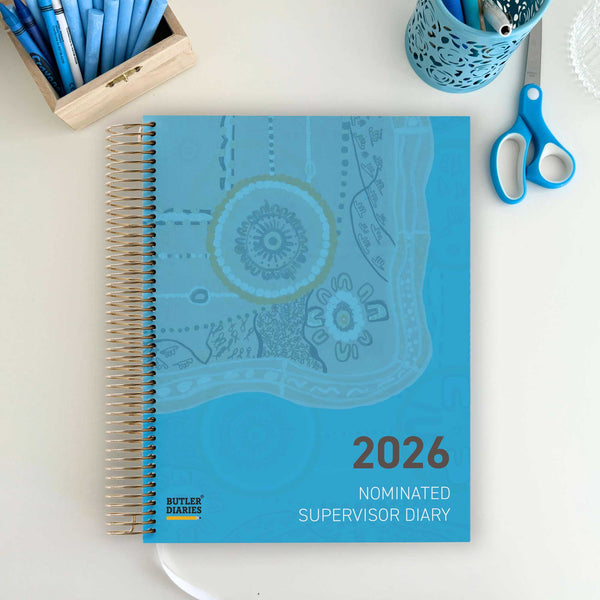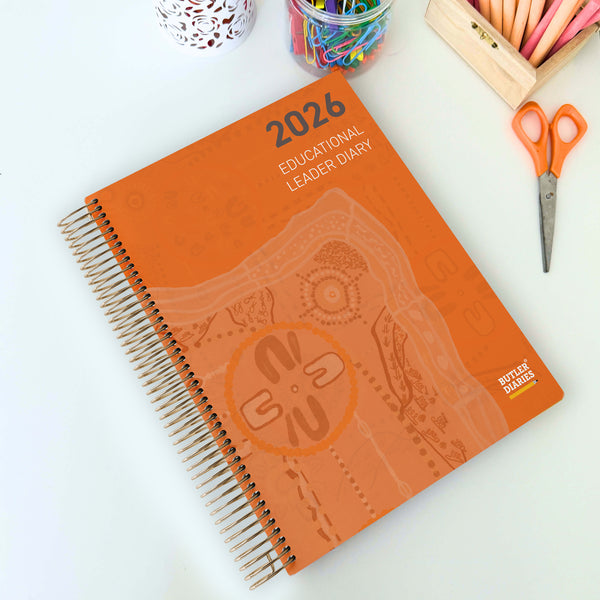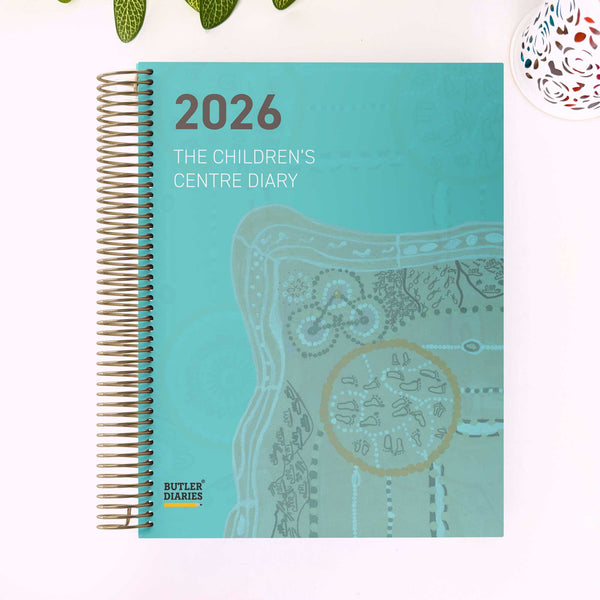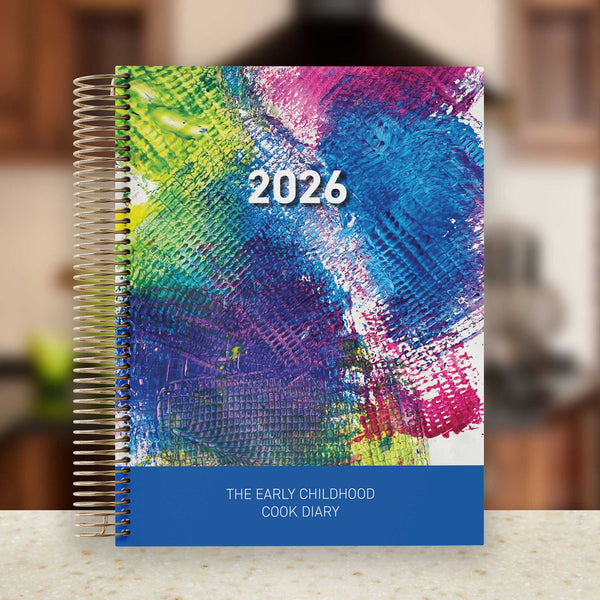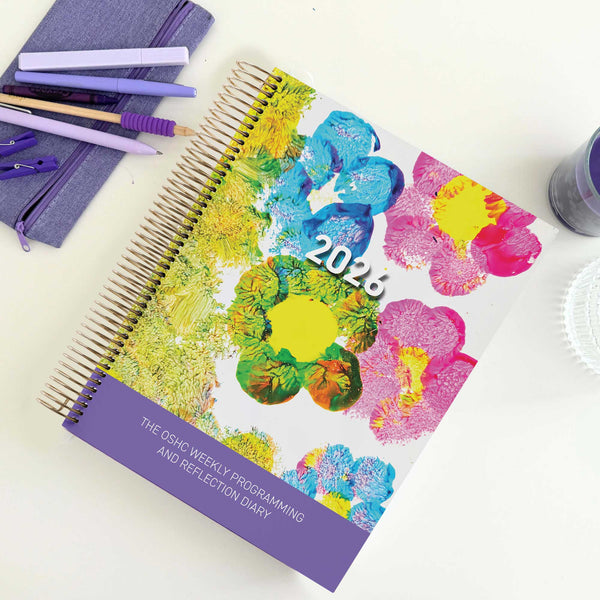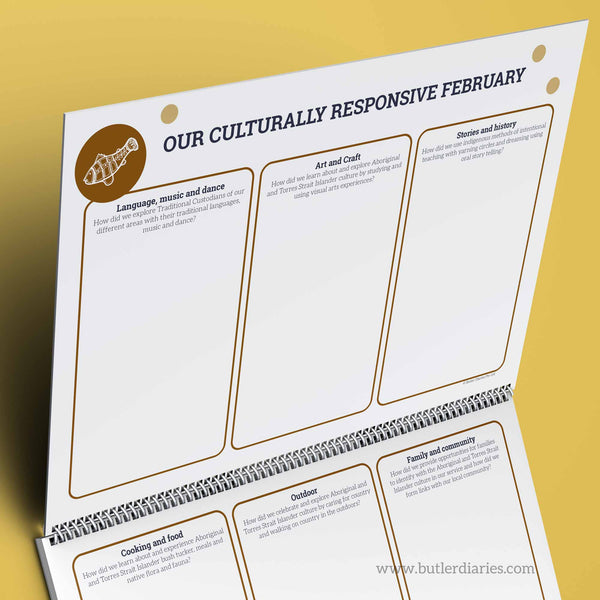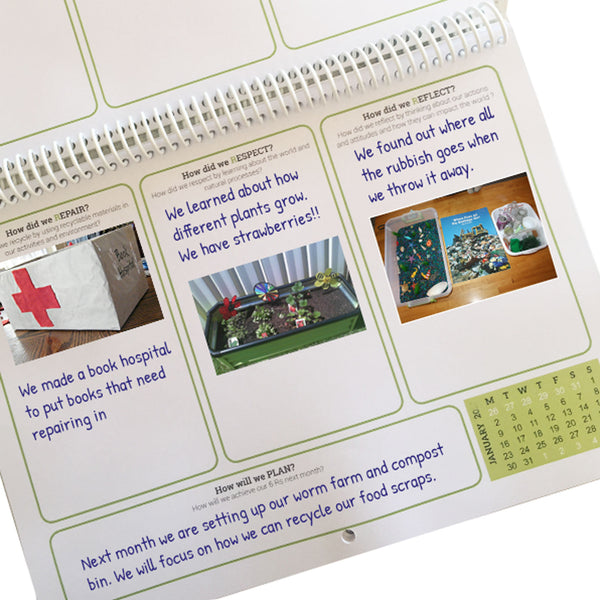Staff turnover can be a significant challenge. High turnover not only disrupts the continuity of care for children but also impacts the overall stability and effectiveness of the educational environment. However, by implementing strategic measures, centres can mitigate turnover rates and foster a more supportive and engaging workplace culture. Here are some effective strategies:
-
Invest in Professional Development: Providing ample opportunities for professional growth and skill enhancement can enhance job satisfaction and retention. Offer workshops, training sessions, and access to resources that empower educators to expand their knowledge and expertise in areas such as pedagogy, child development, and curriculum planning.
-
Promote Work-Life Balance: Recognise the importance of work-life balance by offering flexible scheduling options, paid time off, and support for personal wellness initiatives. Encourage open communication regarding scheduling preferences and accommodate individual needs whenever possible.
-
Foster a Collaborative Environment: Cultivate a culture of collaboration and teamwork where educators feel valued, supported, and respected. Encourage regular team meetings, brainstorming sessions, and opportunities for shared decision-making to promote a sense of belonging and cohesion within the staff.
-
Provide Adequate Resources: Ensure that educators have access to the necessary resources, materials, and tools to effectively carry out their responsibilities. Adequate staffing levels, well-equipped classrooms, and age-appropriate learning materials can contribute to job satisfaction and reduce stress levels among staff members. Butler Diaries provides educational resources and documentation tools to simplify compliance for Educators.
-
Offer Competitive Compensation and Benefits: Recognise the dedication and hard work of educators by offering competitive salaries, performance incentives, and comprehensive benefits packages. Conduct regular salary reviews to ensure that compensation remains aligned with industry standards and reflects the value of the work being done.
-
Implement Mentorship Programs: Establish mentorship programs where experienced educators can provide guidance, support, and professional development opportunities for new staff members. Mentorship not only facilitates knowledge sharing but also promotes retention by fostering a sense of camaraderie and support among colleagues.
-
Encourage Feedback and Recognition: Create a feedback-rich environment where educators feel comfortable providing input, sharing ideas, and expressing concerns. Recognise and celebrate achievements, milestones, and contributions through verbal praise, written commendations, and staff appreciation events.
-
Prioritise Communication and Transparency: Foster open and transparent communication channels between management and staff, ensuring that concerns are addressed promptly, and decisions are communicated clearly. Regularly solicit feedback through surveys, suggestion boxes, and one-on-one meetings to identify areas for improvement and demonstrate a commitment to staff well-being.
-
Cultivate a Positive Organisational Culture: Nurture a positive and inclusive organisational culture that celebrates diversity, promotes mutual respect, and upholds shared values and goals. Encourage a sense of ownership and pride in the work being done, and foster a supportive community where every staff member feels valued and empowered.
By implementing these strategies, ECEC centres can proactively address staff turnover and create a supportive, engaging, and fulfilling work environment for educators. Investing in the professional development, well-being, and job satisfaction of staff members not only benefits individual educators but also enhances the quality of care and education provided to children, ultimately contributing to the long-term success and sustainability of the centre.









